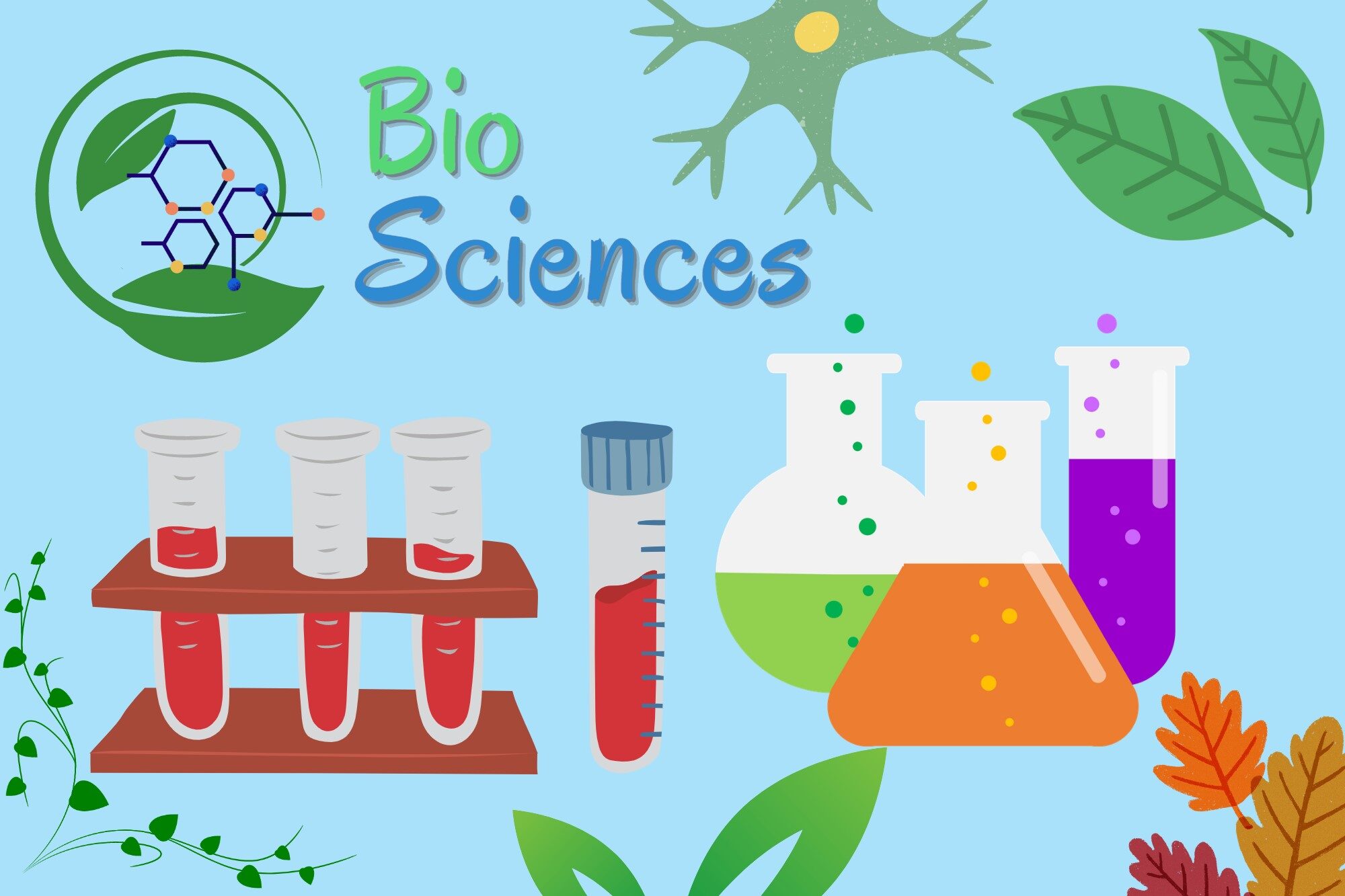Development policy, planning, and practice are crucial to achieving sustainable development. These three elements work together to ensure that development efforts are effective, efficient, and sustainable. Development policy provides the framework for development initiatives, outlining the goals, objectives, and strategies. Planning involves identifying specific activities and resources required to achieve these goals, and practice consists of implementing these plans. Effective development policy, planning, and practice require careful consideration of economic, social, and environmental factors, as well as the involvement of all stakeholders. These three elements can help to ensure that development efforts are successful and sustainable over the long term.
India is a vast and diverse country with over 1.3 billion people and different languages, cultures, and religions. As such, it is no surprise that India has some of the most complex issues in development policy planning and practice. For these issues, there is a need for those interested in studying development policy and practice.
Importance of pursuing a course in development policy planning and practice
The development policy planning and practice course is a comprehensive program that provides students with the necessary knowledge and skills to understand and analyze the complex issues related to development policy. The course covers various topics, including economic development, social development, political development, and environmental sustainability. Students will learn about the different approaches to development policy and the challenges and opportunities associated with implementing these policies.
Course in Development Policy Planning and Practice in India
Development policy, planning, and practice in India focus on urbanization, poverty and inequality, the environment, health, education, and gender. The course provides students with a comprehensive overview of the development process in India, from the formulation of policies to their implementation. It covers the various strategies used by the government to promote economic growth and reduce poverty, as well as the challenges faced by policymakers. The course also encourages students to think critically about the current state of economic development in India through case studies.
Course structure and curriculum
The course has five main areas:
- Overview of Development Policies in India
- Economic Growth and Poverty Reduction
- Environmental Sustainability
- Health and Education
- Gender
Within each topic, students learn various theories and concepts related to the topic at hand. They are then encouraged to apply these theories to specific cases within Indian society. It helps them understand how different policies can interact with each other to create positive or negative outcomes. The course also introduces students to a range of tools used for policy analysis and how to use these tools for effective policymaking.
In addition to theoretical knowledge, the course also provides students with practical skills in development work. It includes learning how to conduct surveys, interviews, focus groups, and other research methods related to the topics. Students also learn how to use software tools for data analysis and presentation. Finally, the course provides students with an understanding of the importance of stakeholder engagement when formulating development policies. It involves understanding how different stakeholders may have conflicting interests or objectives in policymaking.
Leading Institutes in Development Policy Courses
1. Tata Institute of Social Sciences
Tata Institute of Social Sciences (TISS) offers various undergraduate, postgraduate, and doctoral programs in social work, social sciences, public policy, human resource management, and health administration. The Institute strongly focuses on research and has been involved in several national and international research projects. TISS collaborates with various universities and institutions and has a diverse student community from different parts of India and abroad.
The Course in Development Policy, Planning, and Practice offered by Tata Institute covers a range of subjects. These include economics, public policy, governance, social development, and environmental sustainability. The course provides students with a comprehensive understanding of the complexities of development plans and the skills to implement effective policies and programs.
2. The Centre for Development Studies and Activities
The Centre for Development Studies and Activities in Pune is a research and training institute focused on sustainable development. The centre offers various programs and courses related to agriculture, rural development, and environmental studies. It also conducts research projects and provides consultancy services to government and non-government organizations. The centre has a team of experienced faculty members and researchers committed to promoting sustainable development practices.
Throughout the course, students will engage in activities that enhance their understanding of development policy, planning, and practice. These activities include case studies, group discussions, and research projects. Students will also have the opportunity to interact with experts in the field, including policymakers, practitioners, and academics.
Career opportunities after Completing the course
Upon completion of the course, students will have a deep understanding of the issues and challenges facing policymakers and practitioners in the field of development policy. They have the essential knowledge and skills to analyze and evaluate policy proposals and to design and implement effective development programs.
Completing the development policy planning and practice course opens up many career opportunities. Graduates can work in government agencies, international organizations, non-profit organizations, and consulting firms. Some job titles include policy analyst, program officer, development specialist, project manager, and research associate. The skills acquired during the course, such as data analysis, project management, and policy evaluation, are highly sought after in the development sector. Graduates can also pursue further education in public policy, economics, or international development.



